CURRICULUM
FRENCH
FRENCH Curriculum Intent
Modern Foreign Languages empowers students to communicate successfully in the target language. They learn to appreciate the importance of languages in a rapidly changing global society and the diverse culture and customs of others. Our curriculum embeds and builds upon prior knowledge, raising students’ confidence to become successful linguists and develop a life-long love of languages.
Click here to see where MFL can take you
Key STRANDS
Listening
In Year 7, students begin by listening for sounds, letters, and simple vocabulary in short texts. As they progress through to Year 11, students develop a range of listening skills such as identifying key vocabulary, recognising linked words, and picking out synonyms. They also learn to understand the gist of a variety of texts through different types of questions, ranging from multiple-choice to more open-ended responses. By Year 11, students are able to comprehend more complex spoken texts and respond confidently.
Starting in Year 7, students learn to recognise individual words and simple phrases. Over the course of our curriculum, their reading skills spiral in complexity. By Year 11, students are able to pick out synonyms, understand the gist of a text, and tackle more complex questions, including identifying positive and negative viewpoints, answering multiple-choice questions, and responding to open-ended prompts. Students are also trained to spot distractors, helping them choose accurate answers from a given text.
Reading
Speaking
In Year 7, students begin by speaking in words and short sentences, quickly learning to extend their answers using sentence builders. Throughout their journey, students develop increasingly complex language and grammar structures. By KS4 (Years 10 and 11), students are able to engage in extended conversations, discussing a variety of topics with confidence and fluency.
Students in Year 7 start by writing simple sentences, and this skill develops over time. By Year 11, they are writing more complex texts that reflect a wide range of vocabulary, grammar, and sentence structures. While Year 7 focuses on the present tense and set phrases, by Year 11, students are proficient in writing using multiple tenses, including the present, past, and future, and have an introduction to more advanced tenses such as the conditional and imperfect.
Writing & Translation
Grammar
Grammar is taught both indirectly, within the context of language learning, and directly when appropriate. In Year 7, students focus mainly on the present tense and begin to understand adjectival agreements. By the end of Year 9, they can confidently use the past, present, and future tenses. As they move into KS4, students deepen their understanding of grammar, including more complex structures like the conditional and imperfect tenses, preparing them for the demands of GCSE French.
In Year 7, students begin working on sounds and phonics, which are revisited and developed throughout the curriculum. Starting with simple sentences and familiar vocabulary at a slow pace, students gradually progress to writing more complex sentences and structures by Year 11. The pace and complexity of dictation tasks increase to reflect their growing proficiency.
Our curriculum ensures that by the time students reach GCSE, they have developed a solid foundation in both receptive and productive language skills, preparing them for success in their exams and future language learning.
Dictation
Curriculum Structure
Our French curriculum is designed to meet the requirements of the national curriculum for Modern Foreign Languages (MFL) and prepares students for GCSE exams by progressively developing key skills, vocabulary, and grammar. The curriculum is structured to ensure a smooth progression in listening, speaking, reading, writing, and translation skills, with topics revisited in increasing complexity each year. The skills are interleaved throughout the curriculum and the grammatical skills are spiralled in years 7 – 11. By Year 11, students are confident in using the French language in a wide range of contexts, ready for their GCSE exams and future language studies.
Year 7
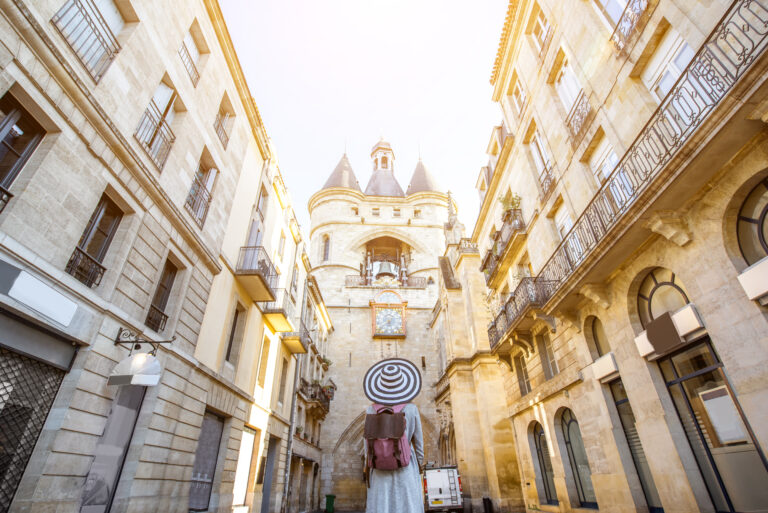
Culture
Students are introduced to the importance of studying a language and the transferable skills they will learn as well as to communicate in French. We introduce celebrations such as how Christmas is celebrated in France but also each week students learn about France and French speaking Countries.


linguistic introduction
We look at phonics and how letters and letter combinations are pronounced this is ongoing through the year to give students a good understanding when listening and speaking in the target language.


Self
Students study how to greet others, introduce themselves, give their age and birthday and understand others. They learn how to describe their physical and character description.


Free Time
Year 7 build on their study of the topic of ‘self’ to learn about sports; what sports they like or dislike as well as what they like to do in different weathers/ seasons. They learn to give opinions on what they like doing in their free time including music preferences and looking at French music and singers.


School
Students continue to be able to talk about their lives by learning the key vocabulary to describe their life at school; what they study, their school day, their favourite subjects, their uniform, and the school building. Students are introduced to cultural differences between the school day, rules and traditions in France and England.

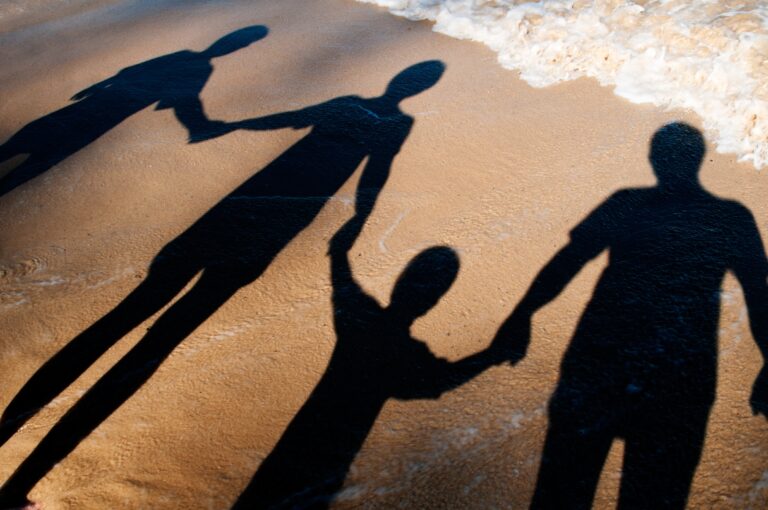
Family
In this topic, students will learn extended family members, animals and be able to consolidate physical and character description studied earlier in Year 7. Furthermore, culturally, students will be introduced to famous French families and celebrities.

Year 8
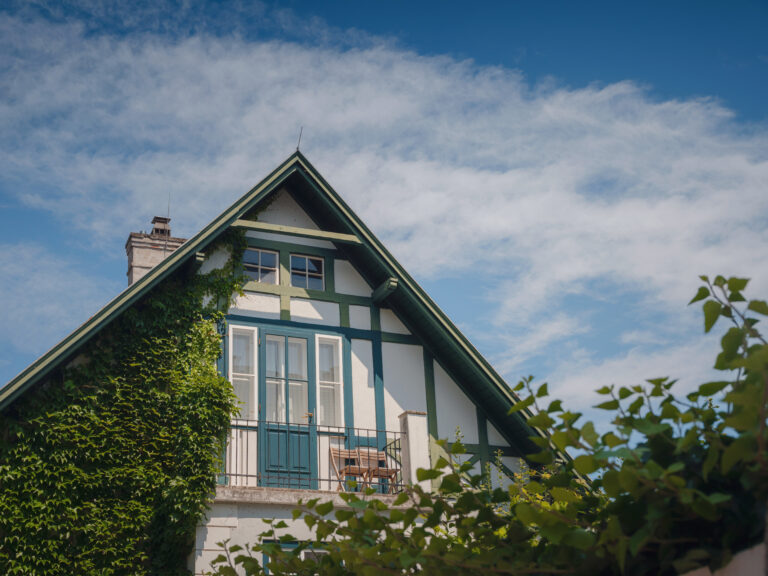
House
Students study how to describe their home, and what they like to do in there. The topic is revisited at the end of Year 8 when the conditional tense is introduced enabling students to describe their dream home.


Town
Students begin year 8 by exploring further into towns in France, learning about their geographical characteristics and how to describe them and transfer this knowledge to be able to describe places they know themselves in England. Over the course of Year 8, students are equipped with transactional language to use in practical situations starting with directions in this topic.

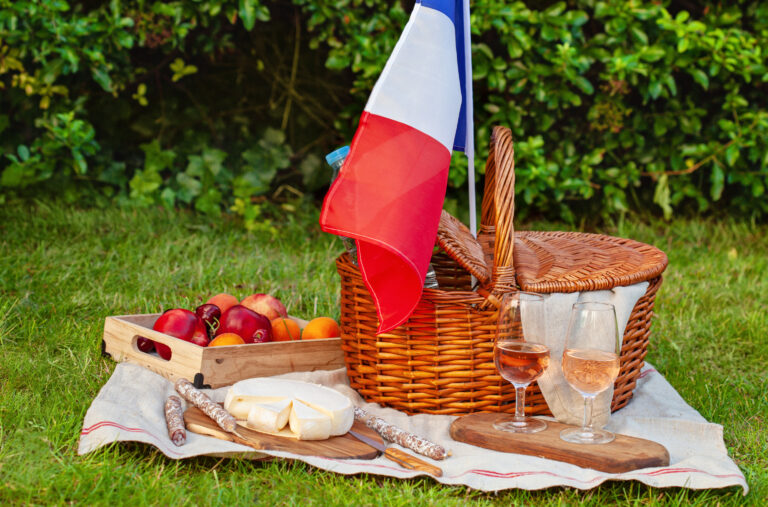
Daily Routine
Students revisit numbers and time to say when and what time they do routine activities.


Culture and health
Talking about food that students eat normally and why and also explore food eaten at Christmas. Students also have the opportunity to revisit Y7 topics to to able to describe others and look at French celebrities.


Holidays
This topic is a great opportunity for students to further learn about the Francophone world. Students learn how to describe their holiday covering subtopics such as transport, accommodation, directions, festivals and activities as well as the future tense.

Year 9

Free time
Students start by revisiting the topic of free time but extend reasons why and frequency. Students then move on to the subtopic of cinema, opinions on films and a recent trip to the cinema. Students later look at music and going to a concert

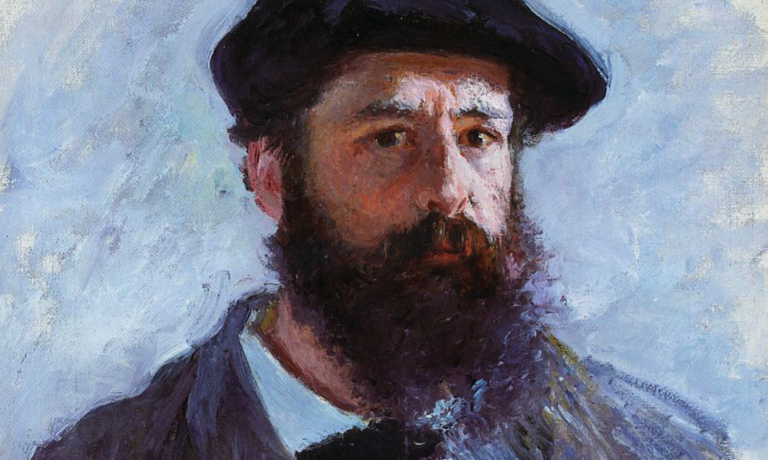
Popular culture
Students look at famous celebrities to describe.


Travel and culture
Students take an in-depth look at Paris and imagine visiting developing their understanding of the past tense.


celebrations
Students use the past tense to describe what they during the Christmas festival break and learn about how it would have been celebrated in a French family.


Culture and health
This is a good opportunity to talk about the health starting with food and then moving onto healthly lifestyles. We also then continue this with transactional learning what to say in a doctors or pharmacy.


Media and technology
This topic debates the advantages and disadvantages of technology and the use of technology within school


Jobs
Students learn how to say different jobs and get the opportunity to discuss the type of job they would like to do.

Year 10

Identity and relationships with others
Students recap describing themselves and others and then look at being able to describe ideal partners. This requires them to develop their understanding of the conditional tense to say ‘would’


Customs festivals and celebrations
Look at marriage and reasons people do and don’t get married as well as other family celebrations such as birthday parties and other religious events

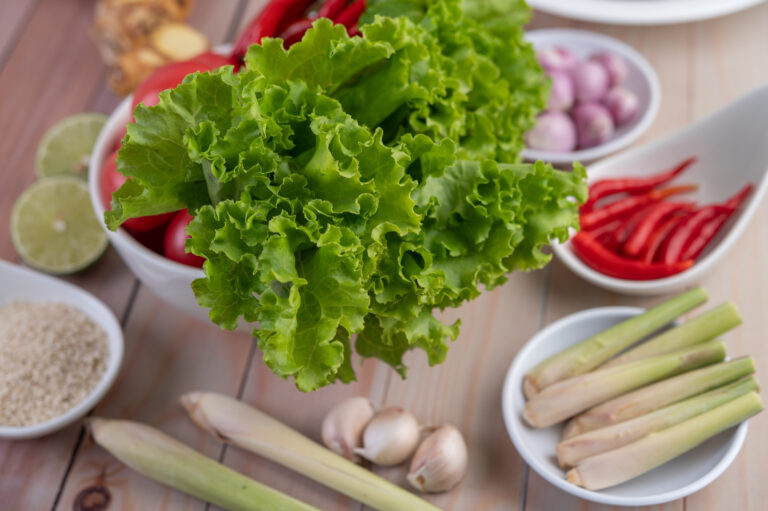
Healthy living and lifestyle
Students give preferences for food and drink moving then to attitudes towards fast-food, smoking, drugs alcohol and the consequences. They also develop their ability to discuss ways to keep a healthy body and mind


Freetime activities
Students recap learning of different hobbies and develop a broader vocabulary to express positive and negative opinion about their own and other peoples hobbies and sporting activities extending with justified reasons, when, how often, who with and comparatives. They then recap identity and culture to describe famous sportsmen and women.


Education and work
Students express extended opinions on school subjects, school rules and to discuss past school life at primary school.


Media and Technology
Students develop being able to refer to the internet, it’s importance to young people and society as well as their preferences advantages and disadvantages. They then go on to discuss mobile technology, computers, phones and tablets and reasons for personal use including frequence, apps, platforms, advantages and disadvantages.


Celebrity culture
Students will recap the topic of where people live and popular culture to look at celebrities and their opinions and influences on young people, where they live, their friends and family


The environment and where people live
Describe local environment, including environmental issues refer to activities to help protect the area in past present and future


Travel and Tourism
Students recap holidays vocabulary and develop it further to give opinions on holiday destinations, weather, activities, accommodation and past holidays including school trips.

Year 11

Education and work
Students build further on what they have learnt about school over the past five years, and now look forward to what they would like to do after school. Future plans such as college, apprentices, university, work experience, gap year and jobs are discussed and students are helped to articulate their hopes. Students look at complex structures to say before doing….after having done… and the subjunctive.


Technology
Students debate the advantages and disadvantages of social media in order to help them to be safe internet users.


Global and social issues
Students learn about global issues such as drought, flooding as well as recapping social issues and the problems that ensue

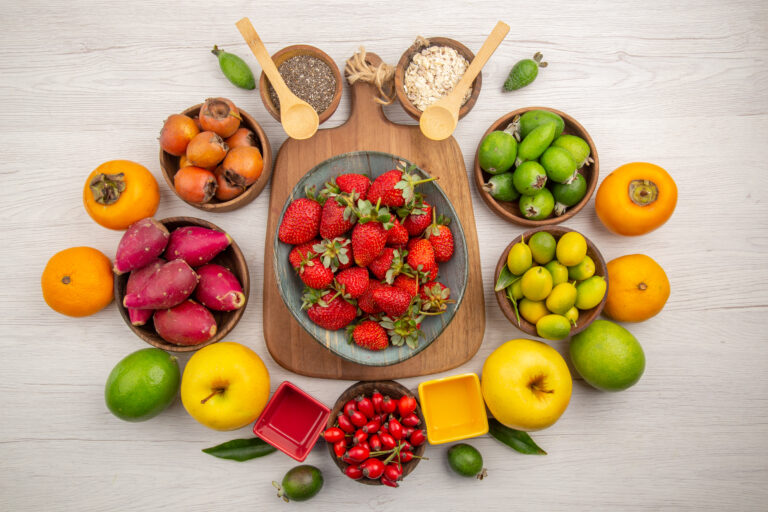
Healthy Living
Students learn how to give deeper advice on a healthy lifestyle.


Holidays
Students learn how to book excursions abroad. Further building on from previous learning episodes on the topic of holidays, students learn how to explain disaster holidays and make complaints.

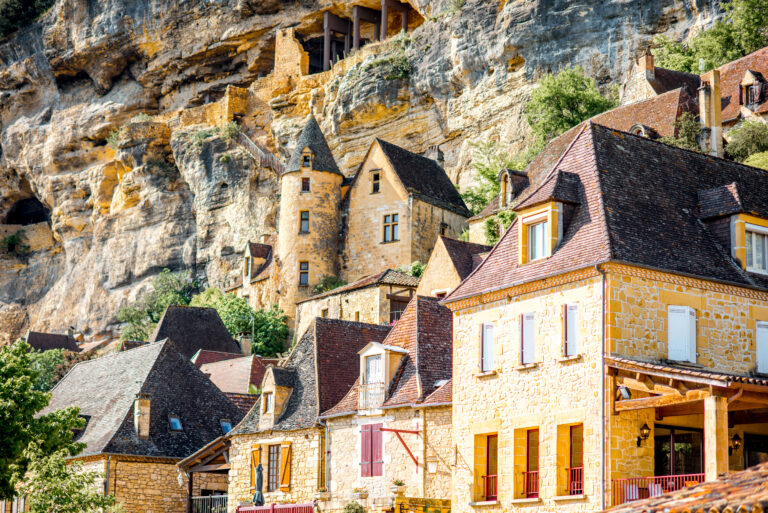
Freetime
This is an opportunity to revisit activities done in previous years and expand of music and adventure sports giving opinions.


Festival and celebrations
Students learn about different celebrations from around the world and recap vocabulary to describe celebrations

